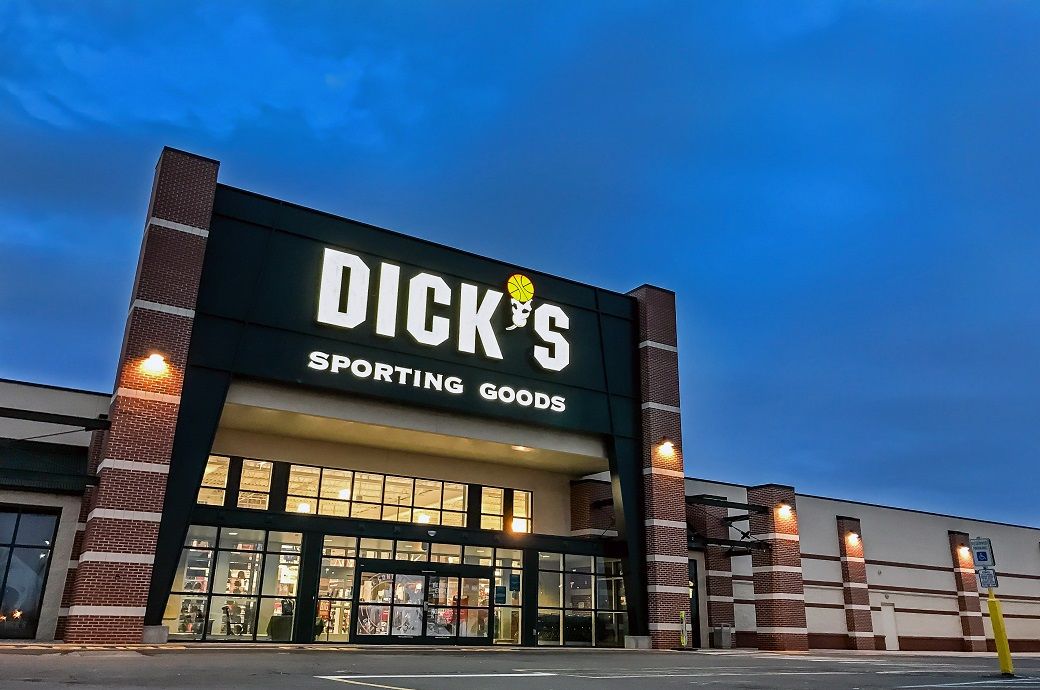
“The combination of Dick’s Sporting Goods and Foot Locker would decrease competition in the retail athletic footwear markets, cut jobs, raise prices, and leave Americans to foot the bill. This is particularly concerning given that more than half of parents ‘plan to sacrifice necessities, such as groceries’, because of rising prices for back-to-school shopping, including sneakers,” said Warren.
In May 2025, Dick’s Sporting Goods announced its intention to acquire Foot Locker for $2.4 billion, which would combine the US’ largest sporting goods retailer with one of the largest athletic shoe retailers in the country. The new giant would allow Dick’s to control more than 15 per cent of the US sporting goods market and could create a duopoly with the current largest athletic footwear retailer, JD Sports.
“The size of the deal and each company’s significant presence in the athletic footwear market suggests this deal merits significant scrutiny from antitrust agencies…If competitors Dick’s and Foot Locker combined, the resulting elimination of competition could lead to higher prices for consumers and other negative effects… Higher prices on athletic footwear could lead to further economic hardship for parents,” added Warren.
Families are already struggling amid rising prices for clothes and shoes: 39 per cent of parents say ‘they can’t afford back-to-school shopping this year', and 44 per cent ‘plan to take on debt to cover the cost of school supplies’.
The deal also poses a threat to workers. Due to the overlap in Dick’s and Foot Locker stores, Foot Locker has already announced that some stores would likely close as a result of the acquisition. The resulting job losses could put additional strain on local communities, which are already facing historic rates of retail store closures, the company said in a press release.
The proposed deal could also hurt small businesses. The new company would have significantly increased power to extract favourable conditions with manufacturers, putting independent retailers at a disadvantage and giving Dick’s and Foot Locker an incentive to engage in anticompetitive conduct to restrict suppliers from dealing with independent retailers.
Warren highlighted the benefit of preserving competition as exemplified by a federal judge’s blocking Kroger and Albertsons’ proposed merger and recent comments by the new CEO of Albertsons, who said the company now planned to improve to keep prices low to attract more shoppers’ in order to compete with rival companies. “This is a striking example of the benefits of competition for consumers, and should give antitrust agencies the confidence to continue vigorously enforcing antitrust law,” said Warren.
This megadeal also comes as consumers face increased athletic shoe costs from President Trump’s chaotic tariff policy. As a result of the administration’s erratic trade policy—and the uncertainty it has created—economists project that shoe prices are slated to rise by 44 per cent.
“This deal could raise prices for families already facing higher sneaker costs from President Trump’s tariffs and threaten workers and small businesses. The FTC and DOJ should carefully scrutinise this merger and block it if it illegally harms competition in violation of federal law,” concluded Warren.
ALCHEMPro News Desk (RR)
Receive daily prices and market insights straight to your inbox. Subscribe to AlchemPro Weekly!